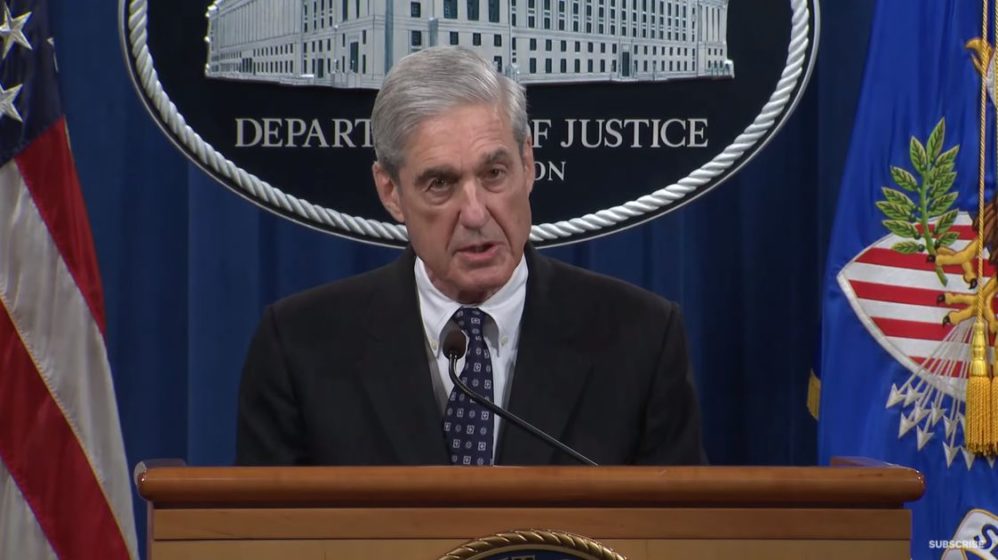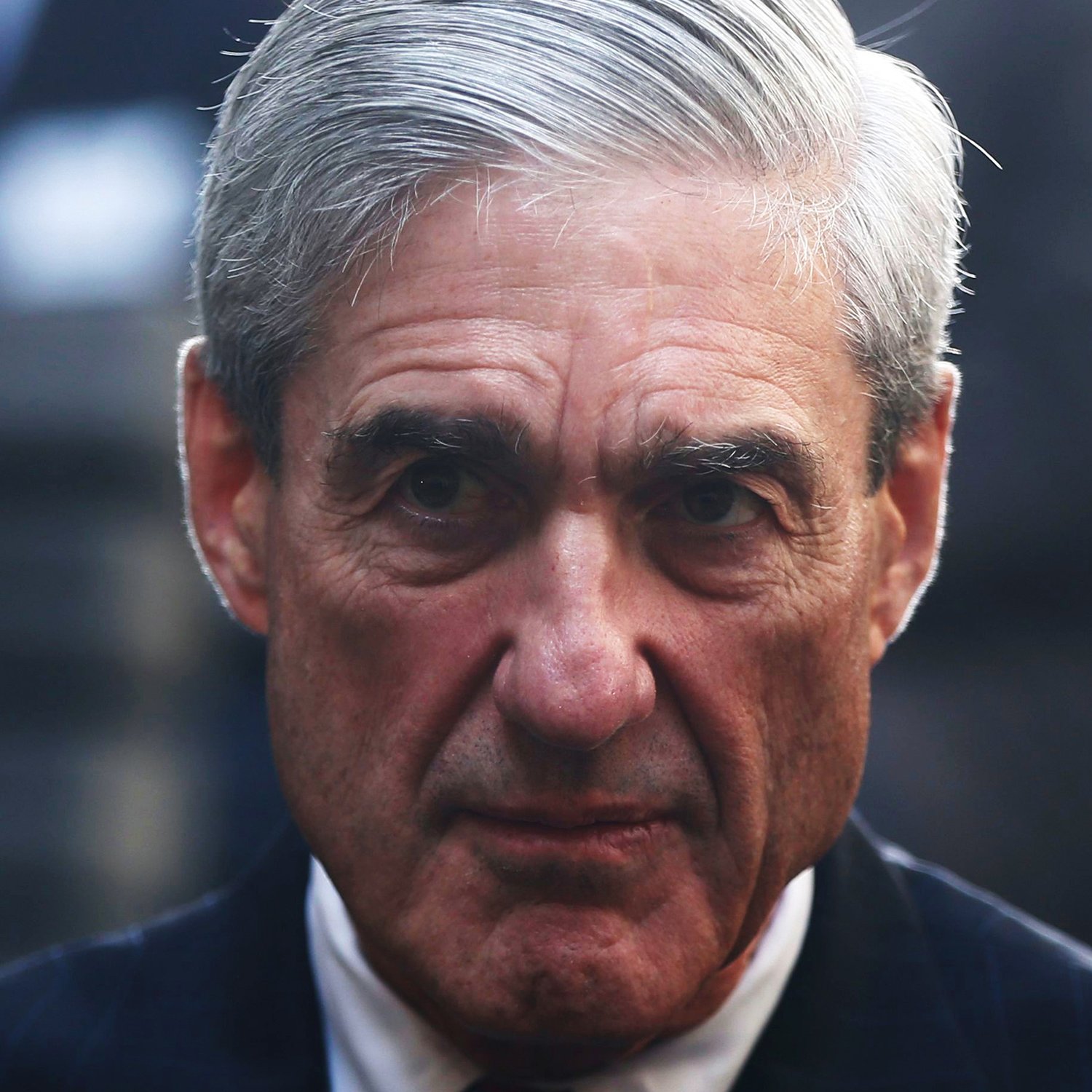Mueller Just Proved His Entire Operation Was A Political Hit Job That Trampled The Rule Of Law
At a hastily arranged Wednesday press conference, Special Counsel Robert Mueller proved that he was never interested in justice or the rule of law.
If there were any doubts about Special Counsel Robert Mueller’s political intentions, his unprecedented press conference on Wednesday should put them all to rest. As he made abundantly clear during his doddering reading of a prepared statement that repeatedly contradicted itself, Mueller had no interest in the equal application of the rule of law. He gave the game, and his nakedly political intentions, away repeatedly throughout his statement.
“It is important that the office’s written work speak for itself,” Mueller said, referring to his office’s 448-page report. Mueller’s report was released to the public by Attorney General William Barr nearly six weeks ago. The entire report, minus limited redactions required by law, has been publicly available, pored through, and dissected. Its contents have been discussed ad nauseum in print and on television. The report has been speaking for itself since April 18, when it was released.
If it’s important for the work to speak for itself, then why did Mueller schedule a press conference in which he would speak for it weeks after it was released? The statement, given the venue in which it was provided, is self-refuting.
Let’s start with the Mueller team’s unique take on the nature of a prosecutor’s job. The standard American view of justice, affirmed and enforced by the U.S. Constitution, is that all are presumed innocent absent conviction by a jury of a specific charge of criminal wrongdoing. That is, the natural legal state of an individual in this country is innocence. It is not a state or a nature bestowed by cops or attorneys. Innocence is not granted by unelected bureaucrats or federal prosecutors.
At one point in his remarks, Mueller seemed to agree. Referring to indictments against various Russian individuals and institutions for allegedly hacking American servers during the 2016 election, Mueller said that the indictments “contain allegations and we are not commenting on the guilt or innocence of any specific defendant.”
“Every defendant is presumed innocent unless and until proven guilty.”
Had he stopped there, he would have been correct. But then he crafted a brand new standard. —>
Read thr rest from Sean Davis HERE at The Federalist.







Comments are closed.